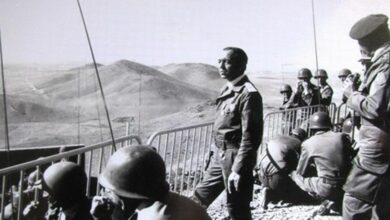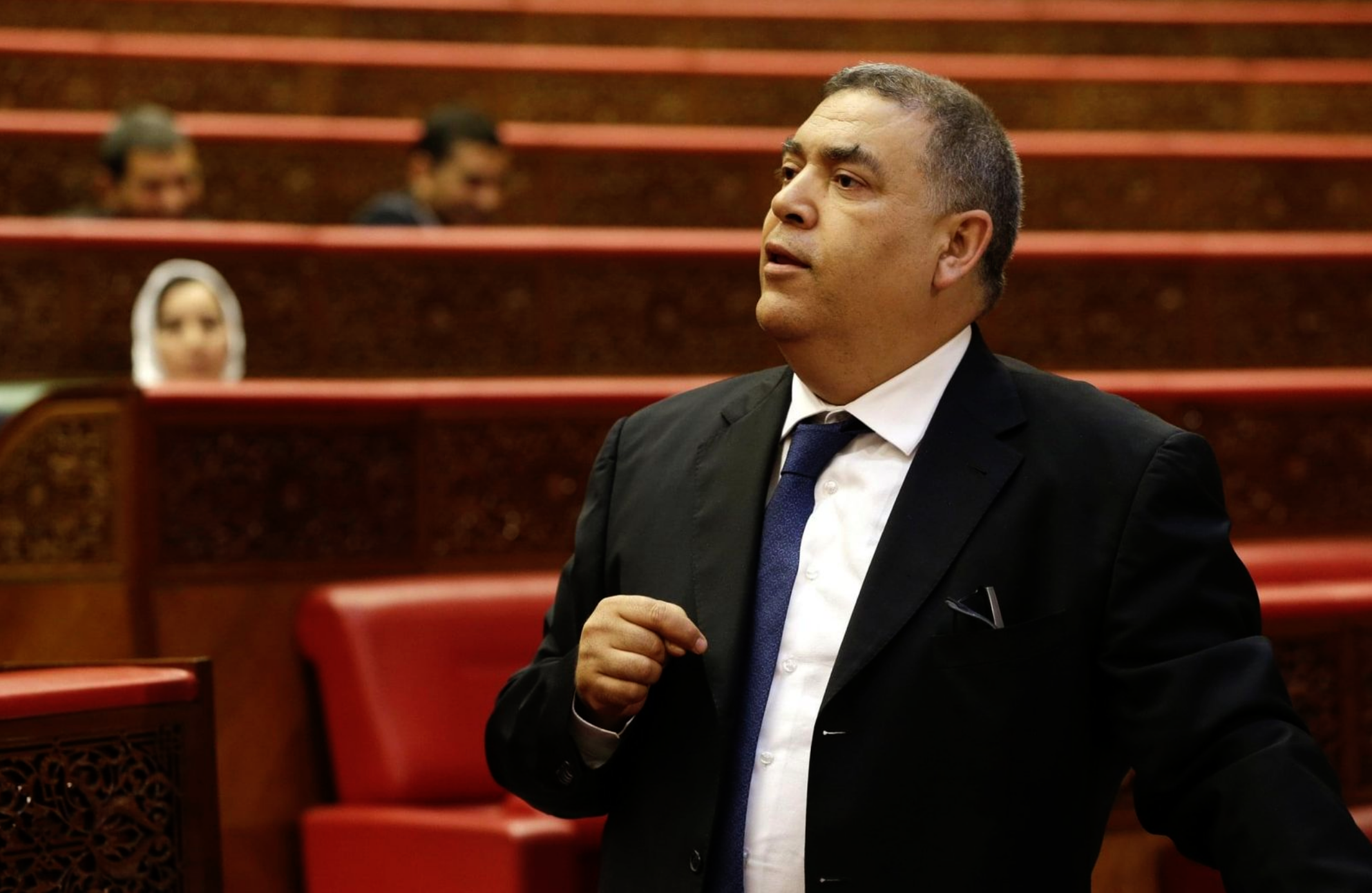From Tangier to Beijing: The Book Thus I Came to Know China Reveals the Deep Historical Ties Between Morocco and China
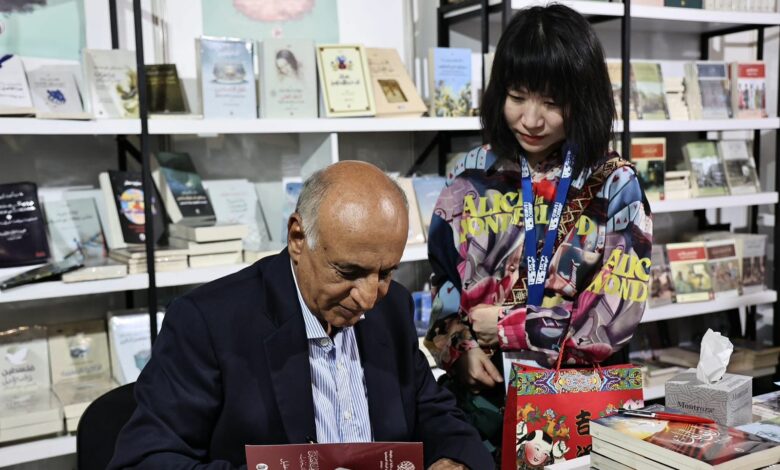
ALDAR/
In his remarkable book Thus I Came to Know China: Observations of the First Moroccan Student, Dr. Mohamed Khalil — a Moroccan doctor and intellectual — redraws the contours of the long-standing relationship between Morocco and China through a deeply personal and human narrative that combines travel literature with civilizational documentation. The author not only chronicles the transformations of contemporary China but also delves into its history, evoking the famed journey of Ibn Battuta to the Far East, thereby positioning the book as a modern continuation of an Arab memory deeply rooted in Asia.

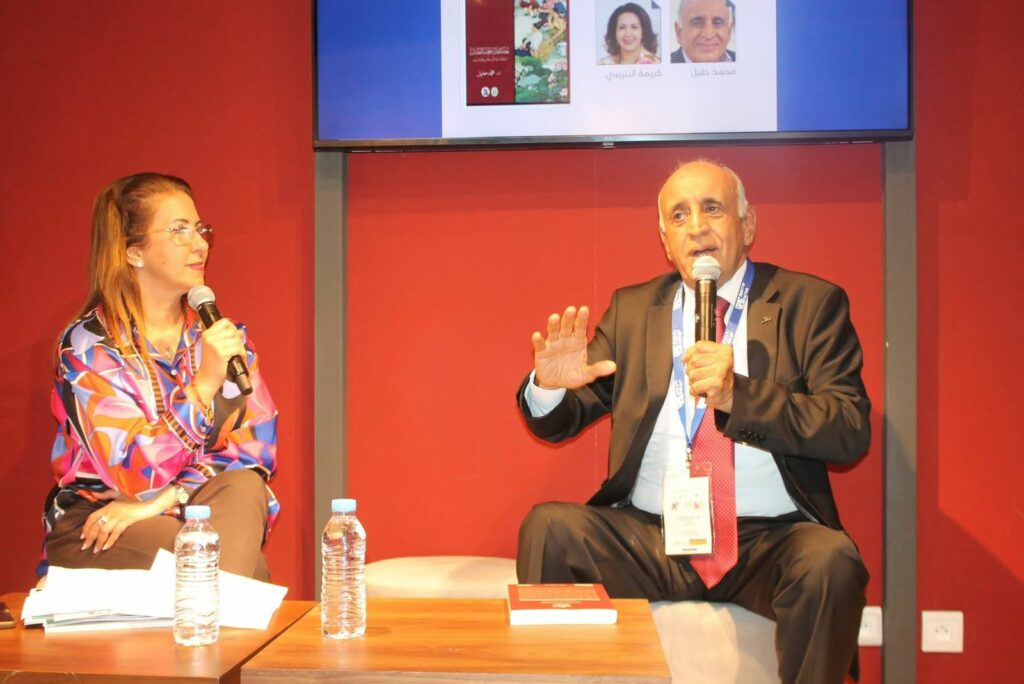
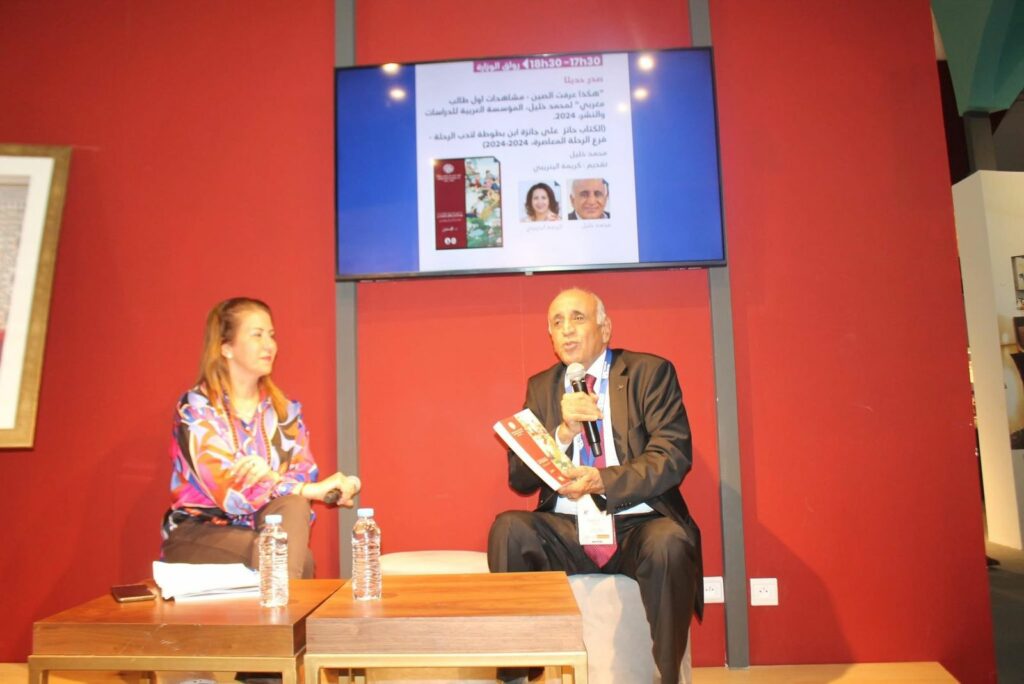

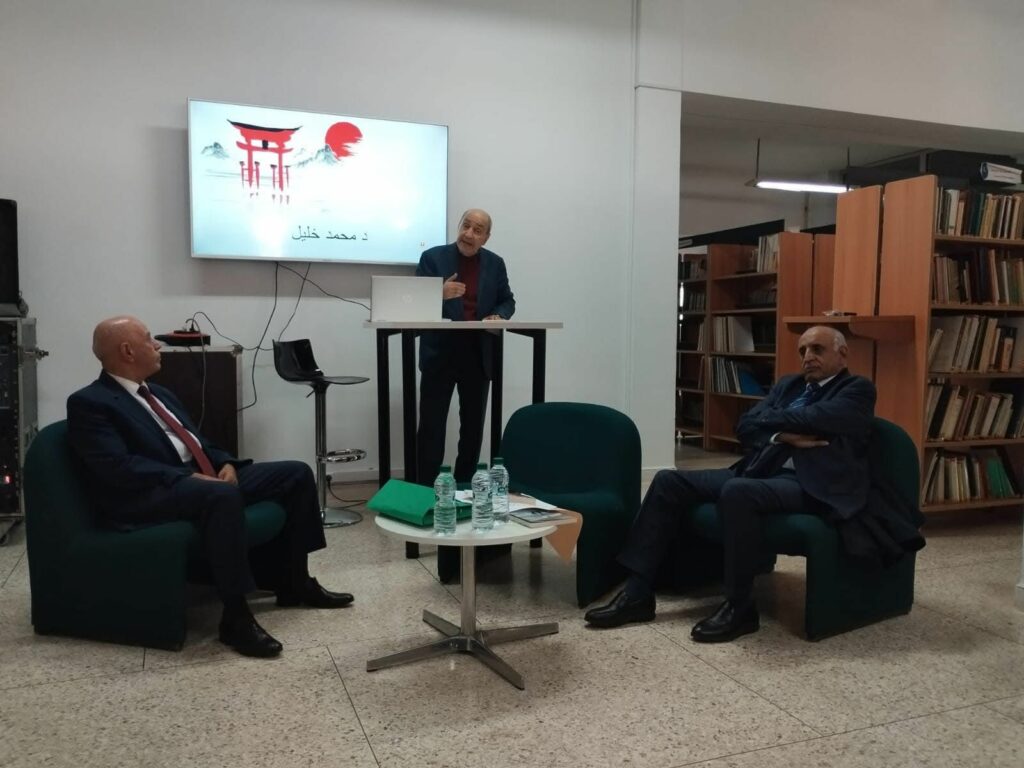
Dr. Khalil moves through the pages of his book as if rediscovering a new world, painting a completely different picture of China — a country often perceived as distant and mysterious in the Arab imagination. He conveys the details of daily life in Beijing during the 1980s, from the uniform dress of citizens to the flood of bicycles in the streets, and describes, with vivid language, how the Chinese cities appeared to him as living canvases pulsating with history.
Among the most poignant scenes in the book is his account of visiting the mausoleum of Chairman Mao Zedong, where he stood before the embalmed body that seemed to be peacefully sleeping — an experience he described as a “silent awe” that never left his memory. He also introduces us to the Great Mosque of Xi’an, one of the oldest mosques in China, built in a unique imperial style that reflects a profound cultural interweaving between Islam and Chinese civilization for over a thousand years, dating back to the caliphate of Uthman ibn Affan.
The book clearly shows that the relationship between Morocco and China is not a recent development, but rather a continuation of deep historical and spiritual ties, which have been further strengthened in modern times through new scientific and cultural exchanges. Dr. Mohamed Khalil, the first Moroccan to study in China, went beyond academic achievement to become a cultural bridge between the two countries. He later served as president of the Moroccan-Chinese Friendship and Exchange Association and played a significant role in introducing traditional Chinese medicine to Morocco.
This literary/documentary work, published by Dar Al Suwaidi in Abu Dhabi and the Arab Institute for Research and Publishing in Beirut, won the 22nd edition of the Ibn Battuta Prize for Travel Literature in 2024. It stood out for offering a rare and well-documented perspective on China from a Moroccan Arab viewpoint. Chinese Sinologist Dr. Wang Yuyong described the book as a “written documentary” due to its rich details on daily life, social transformations, and the human relationships that shaped the author’s experience in the Far East.
It is therefore no surprise that Dr. Khalil was awarded the “Outstanding Contributions to Sino-Arab Friendship” prize by Chinese President Xi Jinping, in recognition of his efforts in promoting cultural understanding and closeness. Through his voice, he conveyed a cultural message on behalf of Morocco and, through his book, revived the shared historical roots at a time when building bridges between civilizations has become increasingly essential.
In this sense, Thus I Came to Know China is not merely a personal travel memoir, but a bridge between two ends of the world — from Tangier to Beijing, from Ibn Battuta to Mohamed Khalil, and from individual memory to shared human heritage. It blends personal experience with a civilizational vision that embraces difference, celebrates diversity, and seeks to strengthen ties between peoples through words, knowledge, and openness.



